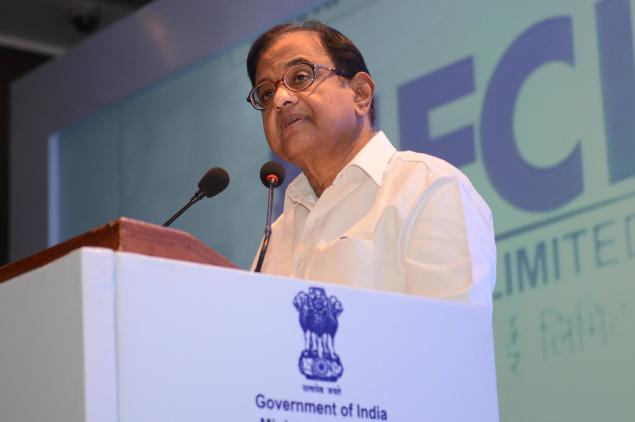New Delhi, December 11: Union Finance Minister P. Chidambaram said on Wednesday that the government will not turn back from the path of fiscal discipline.
“Top of the list is fiscal consolidation,” he said. “I speak for the government when I say there will be no compromise — on the decision to walk on the path of fiscal prudence and contain the fiscal deficit, year by year, until we reach the goal of 3per cent of GDP in 2016-17.”
He was speaking at the Delhi Economic Conclave 2013 on ‘The Agenda for the Next Five Years.’
Addressing the meeting, Reserve Bank of India Governor Raghuram Rajan said: “We have to realise that we are faced with elections. We are hopeful and there is a high likelihood that the next will be a stable government but we cannot take it for granted…The markets are not willing to cut new governments much flak and there is no space for complacency.”
He further said: “Post-elections any additional fiscal slippage or delays in passage of Bills will amplify the large challenges faced by the economy. It will benefit the economy if Parliament passes Bills and steps are taken for increasing diesel prices and eliminating poorly targeted subsidies.”
Mr. Chidambaram said there were “incipient signs of recovery” in the economy that are “too tentative, too few and too scattered.”
Dr. Rajan said: “We have come a fair distance from the turmoil of the summer; there is evidence that the economy is stabilising… However, it is too early to call a bottom at this point.” Earlier, on November 1, Mr. Chidambaram had told a press conference that green shoots were visible in multiple areas in the economy.
The Governor said the Current Account Deficit correction had come from reduced gold imports through curbs, a necessary short-term measure not desirable in the long term. Similarly, the measures to reduce the fiscal deficit are not of the highest quality. Mr. Chidambaram, too, said the government borrowings should be largely to finance investment and not consumption.
Inflation
After fiscal consolidation, next on the to-do list was tackling inflation, the minister said. “It is common knowledge that the government of the day will pay a price for high inflation, especially if inflation persists over a long period of time.”
He said: “I think it is necessary to highlight the inaction of the State governments… even while accepting that the Central government must do all it can within its powers to moderate inflation.” He also said the argument that inflation must be contained by suppressing farm gate prices or rural wages ignored the needs of the poor and deserved to be rejected.

